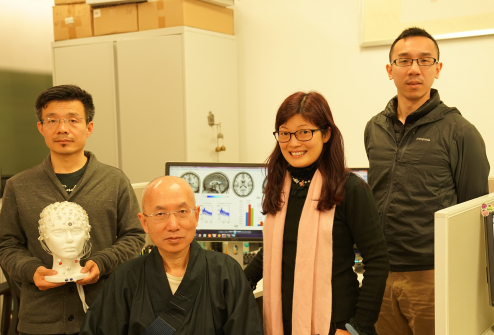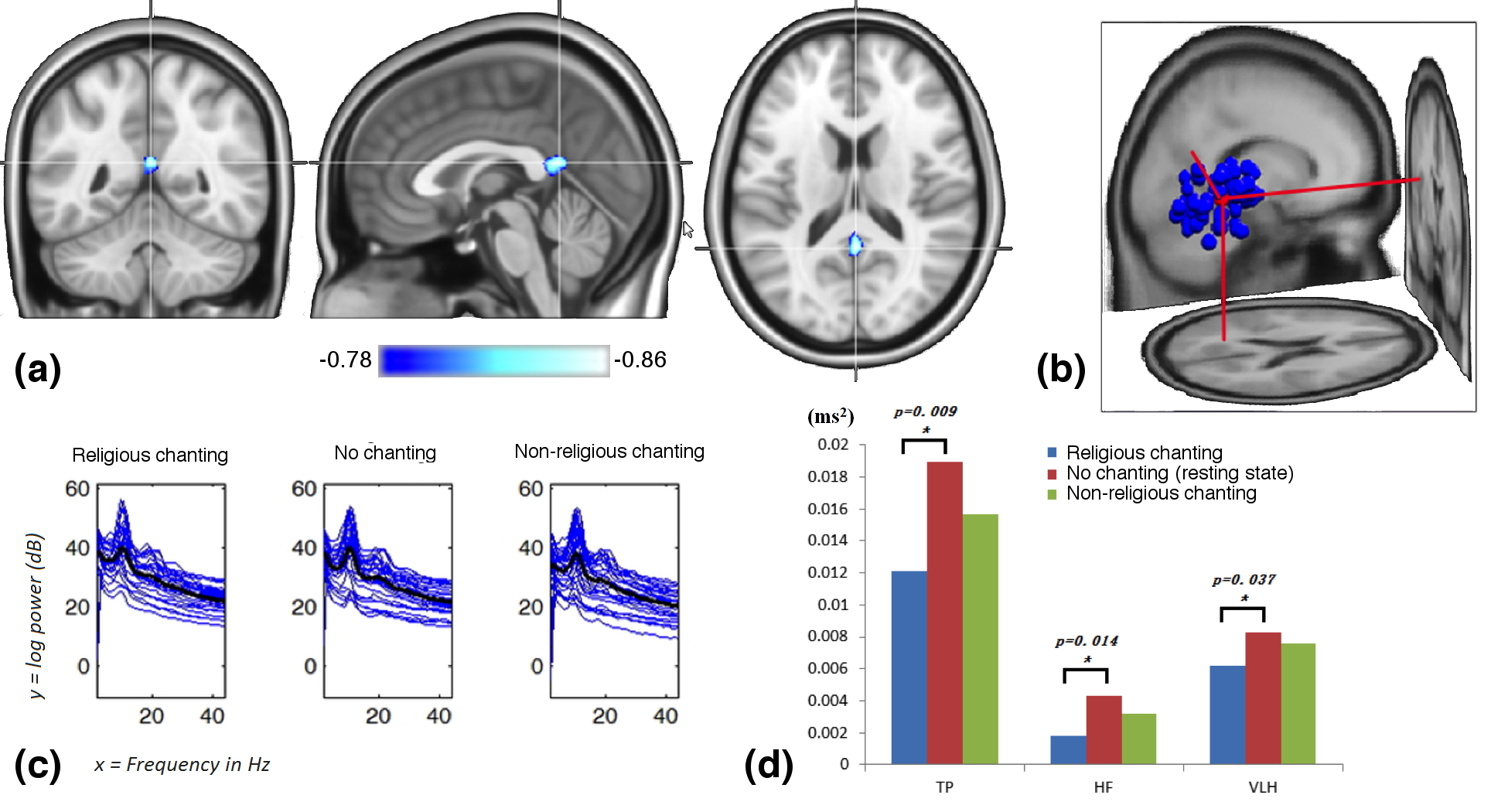Research Stories
VP(R)'s Picks: Religious Chanting May Improve Brain & Heart Well-being
Back
Mindfulness meditation is well known to induce positive changes to health. Now HKU researchers have provided evidence that religious chanting may also have benefits for both the brain and heart.
In recent years mindfulness meditation, a practice derived from the Buddhist tradition, has been shown to be effective in stress-reduction and to have other health benefits. With the increased popularity of mindfulness meditation in the wider community, the scientific community has now ventured into studying other ancient Buddhist practices.
A team of researchers at the Centre of Buddhist Studies led by Hinhung Sik has put religious chanting under modern scientific enquiry by using electrophysiological and neuroimaging methods to measure its effect on the brain and heart. Religious chanting has been practised for hundreds of years and reported to elicit a spiritual sense of bliss and calmness. Among the various forms of religious chanting, the chanting of the name of Amitābha Buddha is one of the oldest and it is still widely practised throughout Southeast Asia.
By utilising electroencephalogram (EEG) and functional magnetic resonance imaging (fMRI), the researchers observed that subjects practising religious chanting had significant changes in the delta waves of the posterior cingulate cortex of the brain, an area responsible for self-oriented thoughts and the suspension of sensory monitoring. This implies that they may be experiencing fewer random thoughts and less mind-wandering. Measurements also showed that the subjects had increased stability in their cardiac activity.
The research also suggested that the neurophysiological correlates of religious chanting were different from those of mindfulness meditation and other types of religious prayer, and that such chanting could possibly induce distinctive psychotherapeutic effects for sleeping disorders and/or other neuropsychiatric symptoms.

(Image reproduced/adapted from Springer Nature under CC BY 4.0: Gao J., Leung H.K., Wu B.W.Y., Skouras S. and Sik H.H., “The neurophysiological correlates of religious chanting”, Scientific Reports, 2019, 9, 4262.)




